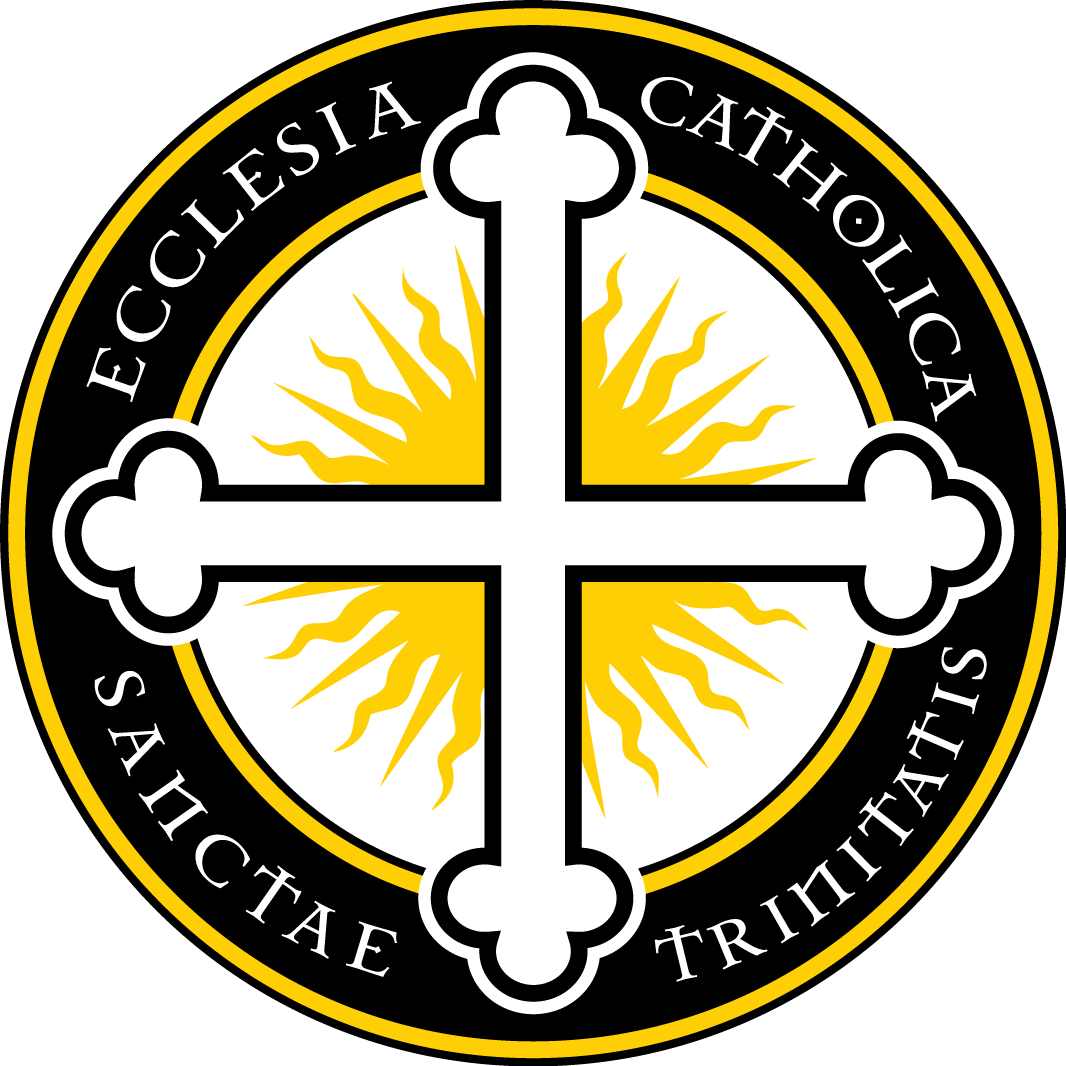I am already baptized
I was baptized in a church other than Catholic
For individuals who were baptized in another Christian denomination and who are considering becoming Catholic, the Order of Christian Initiation of Adults process provides a time of formation and discernment leading to reception into the full communion of the Catholic Church.
Individuals who were baptized in another Christian denomination and want to explore becoming Catholic are also invited to join us for the weekly Tuesday evening inquiry sessions. For these individuals, the time of Inquiry provides an opportunity for them to tell their story and to reflect upon the meaning of their baptism. It is also a time for the catechists – the teachers of the faith – to learn about the extent of their Christian formation and participation in a faith community. These conversations are essential for determining next steps in the process leading to reception into the full communion of the Catholic Church.
One sure next step for baptized candidates for full communion is a period of catechetical and spiritual preparation. The length of this time of preparation is determined on an individual basis, which means that when baptized candidates for full communion are received into the Catholic Church will depend on their individual readiness. Unlike the rites of initiation for the unbaptized, the Order of Reception of Baptized Candidates is not tied to a particular liturgical season or feast, so it may be celebrated any time of the year, preferably in the context of Sunday Eucharist.
I was baptized in a Catholic church
The OCIA process is also available to individuals who were baptized in a Catholic parish but then did not participate in or received limited faith formation/religious education and was not prepared for other sacramental rites, including Confirmation and Eucharist.
Individuals who were baptized in the Catholic Church are also invited to join us for the weekly Tuesday evening inquiry sessions. For these individuals, the time of Inquiry provides an opportunity for them to tell their story and to reflect upon the meaning of their baptism. It is also a time for the catechists – the teachers of the faith – to learn about the extent of their Christian formation and participation in a faith community. These conversations are essential for determining next steps in the process leading to the celebration of Confirmation and First Eucharist.
One sure next step for these individuals is a period of catechetical and spiritual preparation. The length of this time of preparation is determined on an individual basis, which means that when the sacraments of Confirmation and Eucharist are celebrated will depend on their individual readiness.
